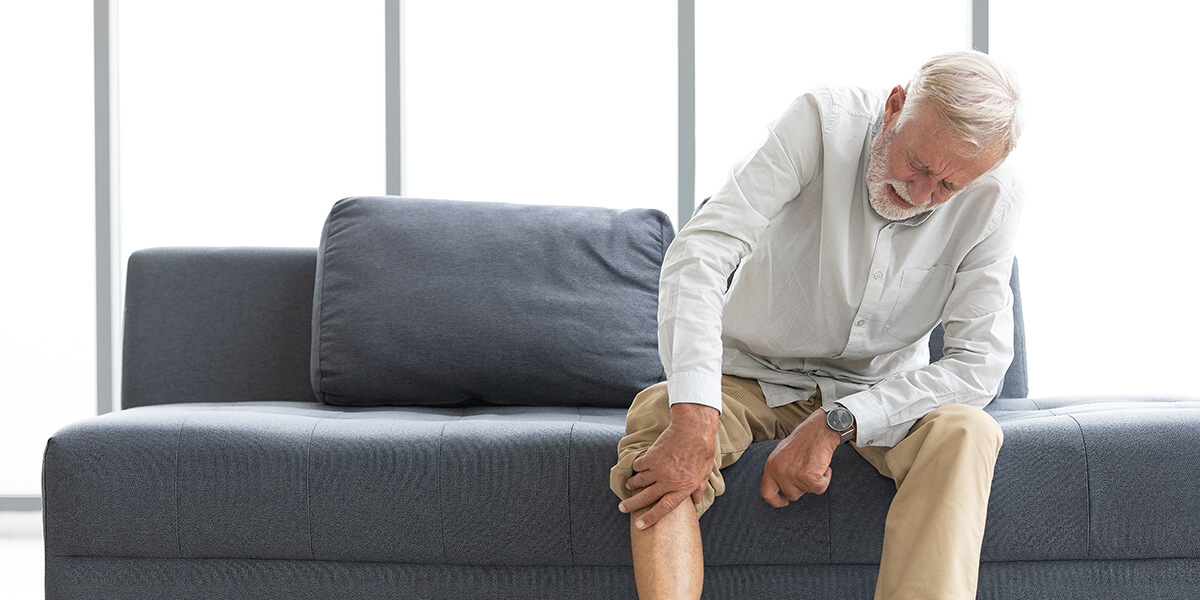Popping backs, knees that crack when you stand up, wrists that snap when you rotate them the wrong way — we’ve all had experience with joints that make noise. Sometimes it hurts and sometimes it doesn’t, but there’s always a reason for the sound. Digging into why that happens is enlightening — especially for those of us who believe the old wives’ tale that cracking your knuckles causes arthritis.
How It Works
There is, in fact, no increased risk of arthritis in people who crack their knuckles intentionally — something we are almost all guilty of at one point or another. Fluid exists in the joints to reduce friction, and thus reduce wear and tear. When you pull on a joint, you can create a gas bubble within that fluid. That’s when we hear the popping sounds that these knuckles and many other joints make.
“Some joints are smaller than others, and when there is a small space and a little bit of fluid moving around, this can make an audible noise,” says Donald Hohman, M.D., a joint replacement specialist on the medical staff at Texas Health Center for Diagnostics and Surgery. “This same fluid is moving around in all of your joints, but in larger joints, you may not be as aware.”
Joint sounds that don’t accompany sharp pains can also occur in the neck, back, ankle and knee. In the ankle, the sound is caused by ligaments rubbing against one of the ankle’s three joints. Backs pop due to minor misalignments — hence your back cracking so loudly during a chiropractic visit, or when you twist around in your desk chair to try to relieve the tension from sitting for so long.
Is It Safe?
Joint sounds become something to worry about when they are accompanied by pain or swelling. The most common cause for this combination of pain and noise is arthritis, but there are other culprits, as well. In the knee and ankle, this happens when the cartilage has begun to wear down or tear — a condition that can eventually lead to a need for joint replacement. Popping sounds in conjunction with severe pain in the joint can also signal tearing or rupturing of the hamstring, Achilles tendon or anterior cruciate ligament.
“An example of a common complaint in a larger joint is a popping sensation in the hip, which may be a sign of a labral tear,” Dr. Hohman says. “As a general rule, when pain accompanies sound, we recommend patients get examined.”
If there is no accompanying pain, however, noisy joints are typically not a problem. Some researchers even believe that — in the case of knuckles, at least — cracking them might be a good way to relieve pressure on the cartilage.
To learn more about orthopedic services at Texas Health Center for Diagnostics & Surgery, visit THCDS.com.
